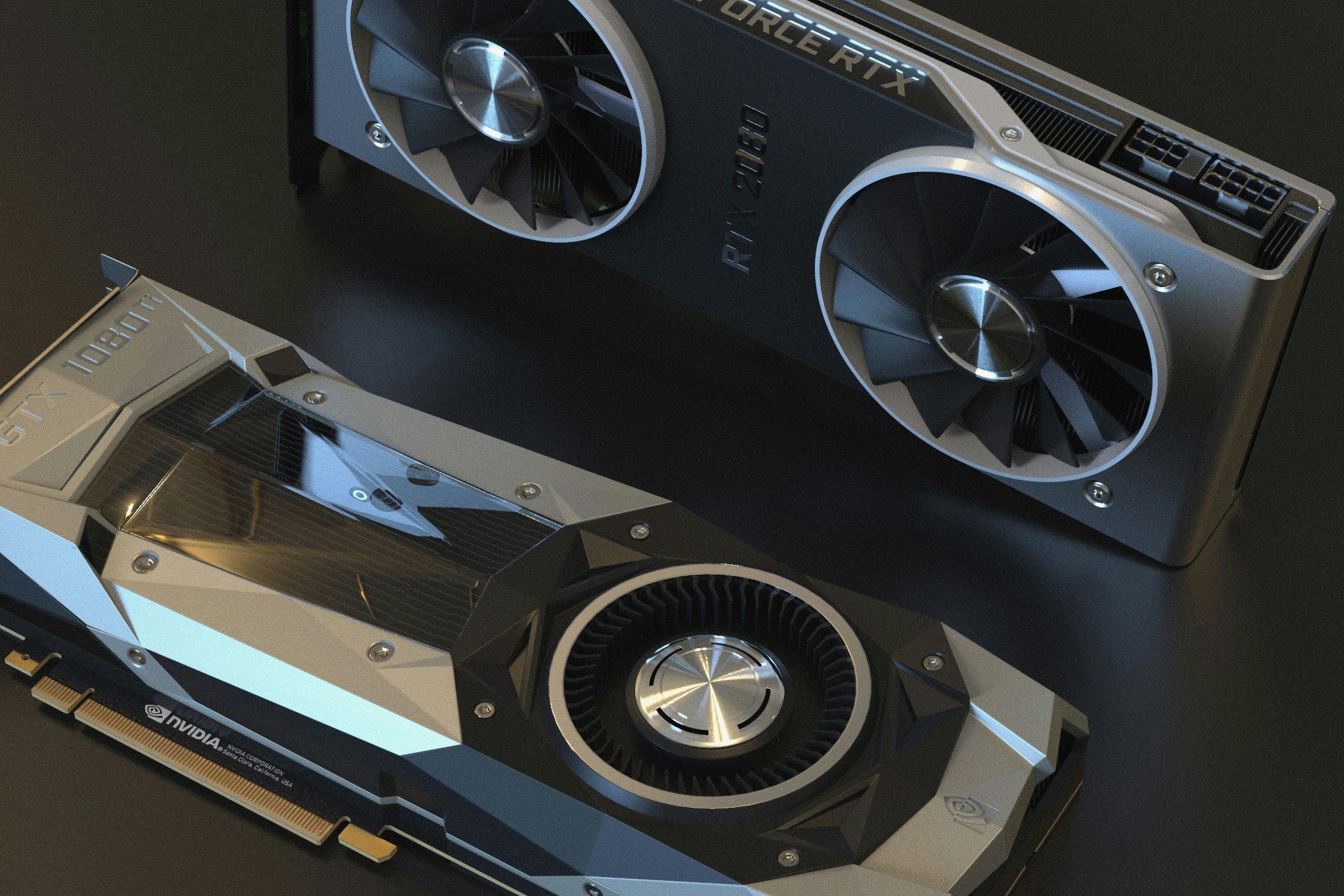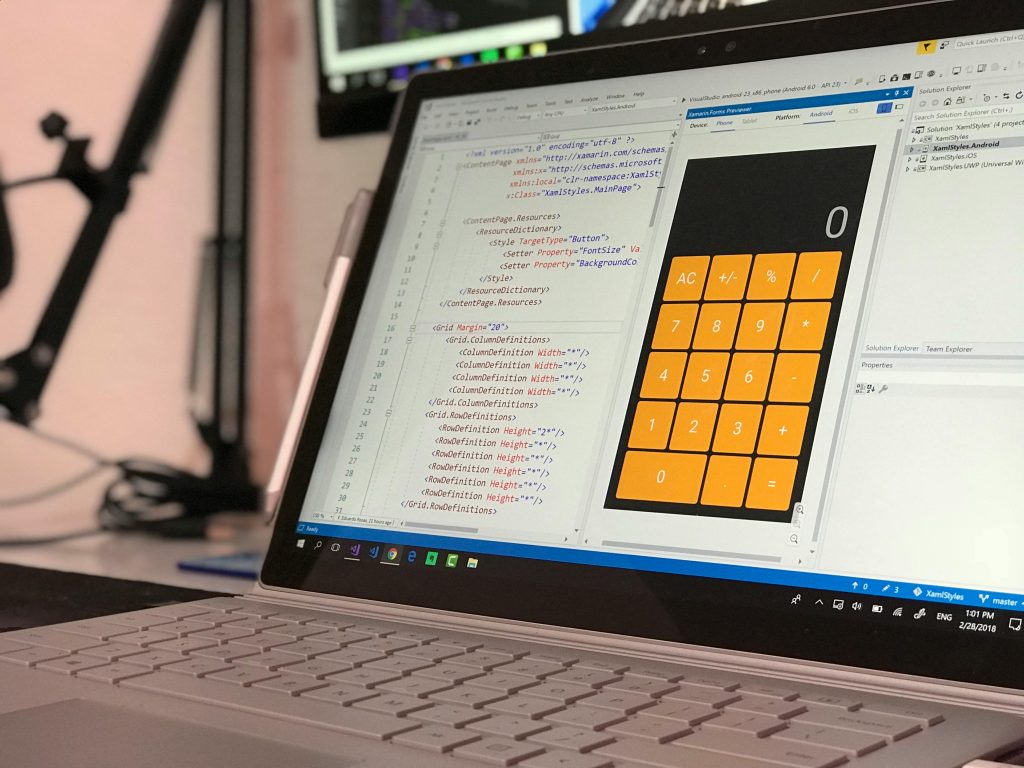Understanding and resolving game crashes after overclocking a GPU can be a complex troubleshooting process. Here’s a comprehensive analysis based on your system specifications and the issues you’ve encountered.
Overview of Your System Configuration:
– CPU: AMD Ryzen 9 5900X (12-core)
– RAM: 32GB DDR4 at 3600 MHz
– GPU: EVGA RTX 3070 8GB
– Storage: 1.82TB NVMe SSD
– Motherboard: Gigabyte A520I AC
– Operating System: Windows 11, version 24H2
Issue Summary:
You have attempted to overclock your EVGA RTX 3070 GPU, with settings including a +100 core voltage, +110 MHz core clock, and +1200 MHz memory clock, along with a power limit of 106%. While temperatures stay within safe ranges (~73°C), games such as “The Finals,” “Throne,” “Liberty,” and “Cyberpunk 2077” crash, occasionally citing GPU or driver errors.
Troubleshooting Efforts Undertaken:
– Utilized MSI Afterburner for overclocking
– Monitored temperatures and stability through benchmarks (e.g., Heaven)
– Uninstalled conflicting software (e.g., Razer, Xbox apps)
– Disabled RAM profiles
– Ran system scans (sfc /scannow)
– Reinstalled games and updated all drivers
– Reinstalled Windows (which resulted in lower stable OC settings)
Common Causes of GPU-Related Crashes Post-Overclock:
1. Insufficient Power Delivery:
– Overclocking increases power draw; ensure your power supply unit (PSU) provides adequate wattage and stability.
- Overclock Stability Limits:
-
Even minor overclocks can push hardware beyond stability, especially if voltage increments are not optimized.
-
Driver and Software Compatibility:
-
Outdated or incompatible graphics drivers can cause crashes under overclocked conditions.
-
Thermal Throttling or Insufficient Cooling:
-
Although temperatures are currently acceptable (~73°C), sustained overclocking may cause thermal stress over time.
-
Hardware Limitations or Defects:
-
Variations in GPU quality (silicon lottery) can influence overclock stability.
-
Power Management Settings:
- Windows power plans and BIOS settings might affect GPU performance and stability.
Potential Solutions and Recommendations:
1. Reassess Overclock Settings:
– Gradually reduce overclock levels and test
Share this content:



